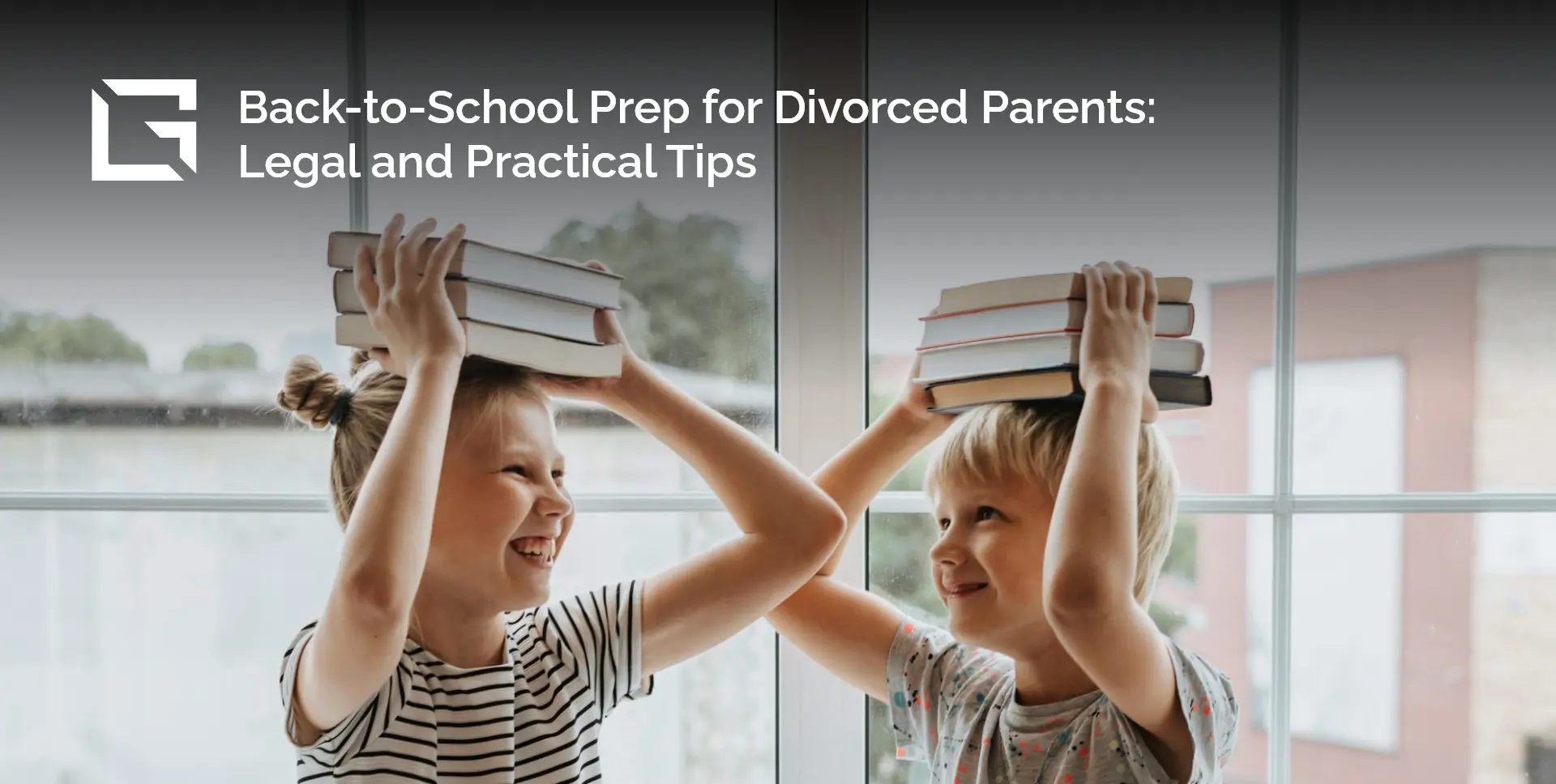Family law cases involving children can be incredibly complex and emotionally charged. In these situations, the court prioritizes protecting the child’s best interests throughout the legal proceedings. This is where a Guardian ad Litem (GAL) plays a vital role.
Who is a Guardian ad Litem?
A Guardian ad Litem (GAL), also called guardians ad litem, is an individual appointed by the court to represent the best interests of a child in a family law case. Unlike parents’ attorneys who advocate for their client’s interests, a GAL acts independently, solely focusing on the child’s well-being. Guardian ad Litem programs often consist of experienced attorneys or specially trained advocates who possess the necessary skills and qualifications to effectively represent children’s voices in court.
P.S. Looking for an expert family law attorney for your family law matters, contact Gibb Law Firm.
What Does a Guardian ad Litem Do?
GALs fulfill a critical role in family law matters, particularly in cases involving:
- Child Custody: During a child custody case, the GAL investigates the living arrangements of both parents, assesses each parent’s ability to provide for the child’s needs, and gathers information regarding the child’s relationship with each parent. Based on this investigation, the GAL makes litem’s recommendations to the court advocating for the custody arrangement that best serves the child’s emotional and physical well-being.
- Child Visitation: In visitation cases, the GAL can investigate the proposed visitation schedule and ensure it prioritizes the child’s safety and best interests. They can also advocate for modifications to the visitation schedule if necessary.
- Child Support: While not directly involved in determining the amount of child support, a GAL can ensure the proposed child support arrangement adequately meets the child’s essential needs.
- Alleged Child Abuse: In cases involving alleged child abuse, the GAL plays a particularly crucial role. They can interview the child in a safe and age-appropriate manner, investigate the allegations, and advocate for the child’s safety and well-being throughout the proceedings.
The Voice of the Child
One of the most significant contributions of a GAL is ensuring the child’s voice is heard in court. Children are often reluctant to express their wishes directly in a courtroom setting. The GAL acts as a bridge, communicating the child’s needs and preferences to the judge objectively and professionally. This balanced perspective allows the court to make a final decision that comprehensively considers the child’s unique circumstances.
Duties and Responsibilities
Expanding on the GAL’s role, we can delve deeper into their duties and responsibilities:
- Independent Investigations: GALs conduct thorough investigations to gather insights into the child’s life and family dynamics. This involves interviewing the child, parents, relatives, teachers, and doctors, and reviewing relevant documents like medical and school reports. They may also observe the child’s living environment through home visits.
- Recommendations to the Court: Based on their investigation, GALs formulate recommendations concerning issues like custody, visitation, and the overall welfare of the child. These influential recommendations are presented in a detailed report accessible to the judge, parents, and their attorneys.
Qualifications and Appointment
GALs are typically qualified individuals specifically trained for this role. Here’s a breakdown of their qualifications and appointment process:
- Qualifications: GALs are often experienced family law attorneys like GIbb Law Firm or trained professionals with expertise in child welfare issues.
- Appointment: Family court judges appoint GALs based on their qualifications and familiarity with family law. The selection process varies, but judges often choose from a list or appoint individuals associated with state bar associations.
Costs and Fees
The cost of a GAL can vary depending on the case’s complexity and jurisdiction. Typically, parents share the fees, but in some cases, one parent may bear a larger portion. Fees can be a flat rate or hourly, with initial retainer fees common.
Impact and Legal Authority
While GALs play a crucial role in representing the child’s interests, they do not have the final say in custody or other arrangements. Their influence stems from providing the court with detailed insights and recommendations based on their independent assessment of the child’s best interests.
Engagement with GALs
For parents involved in a case with a GAL, cooperation is vital. This includes providing requested information, maintaining open communication, and being prepared to discuss various aspects of their relationship with the child and any factors impacting the child’s well-being.
Overall, Guardians ad Litem play an indispensable role in protecting children’s rights and welfare in family law proceedings. They ensure the child’s voice is heard, and their best interests are considered in all judicial decisions. Want to learn more about Child Support Law in Utah, family law cases, and how to prepare for these legal matters with an experienced attorney? Contact Gibb Law Firm today for a consultation.
Contact information
Gibb Law Firm
Phone – (801) 725-6035
Address – 610 N. Kays Dr., Suite 109 Kaysville, Utah
Disclaimer: This blog is for informational purposes only and is not legal advice. Please contact us to discuss the specifics of your family law situation.



